Hope is being able to see that there is light despite all of the darkness
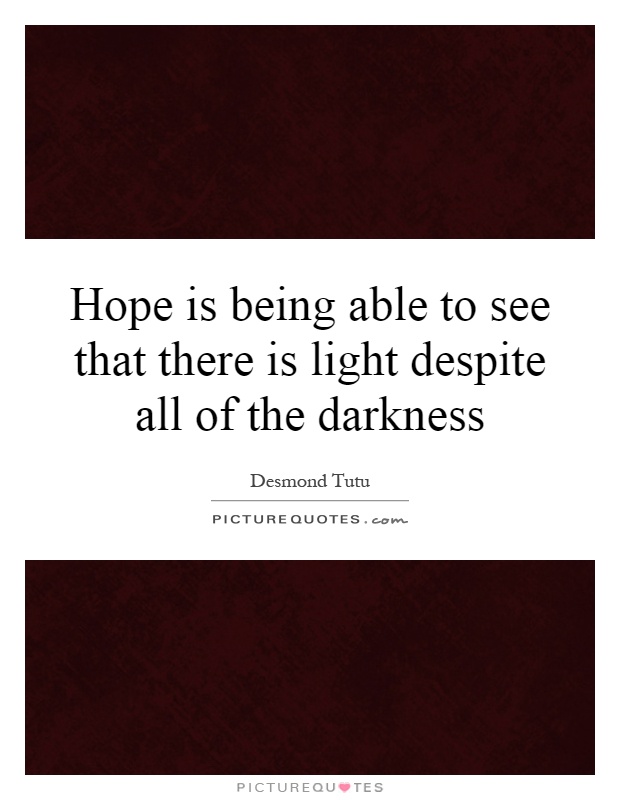
Hope is being able to see that there is light despite all of the darkness
Desmond Tutu, the renowned South African social rights activist and retired Anglican bishop, is a shining example of someone who embodies the power of hope in the face of darkness. Throughout his life, Tutu has faced numerous challenges and obstacles, yet he has always remained steadfast in his belief that there is light at the end of the tunnel.Born in 1931 in Klerksdorp, South Africa, Tutu grew up in a country plagued by racial segregation and discrimination under the apartheid regime. Despite the oppressive conditions he faced, Tutu never lost hope that one day, justice and equality would prevail. He became a vocal advocate for human rights and played a key role in the fight against apartheid, using his position as a religious leader to speak out against the injustices of the system.
Tutu's unwavering belief in the power of hope was evident in his work as the chairman of the Truth and Reconciliation Commission, which was established in 1995 to help heal the wounds of apartheid and promote reconciliation in South Africa. Through his leadership and guidance, the commission provided a platform for victims and perpetrators of human rights abuses to come together, share their stories, and seek forgiveness. Tutu's message of forgiveness and reconciliation resonated with people around the world, inspiring them to believe that even in the darkest of times, there is always a glimmer of hope.
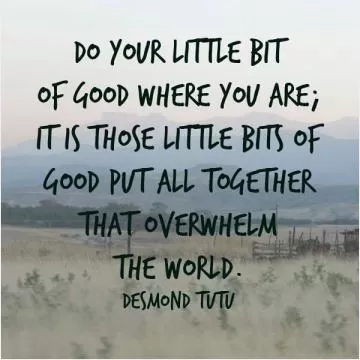
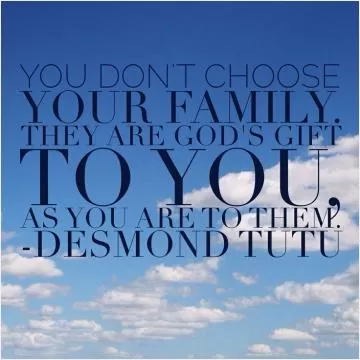
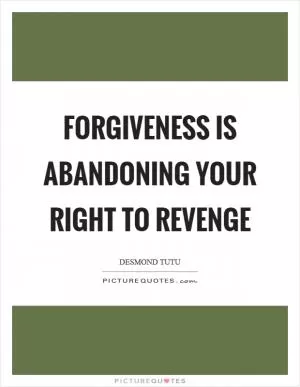
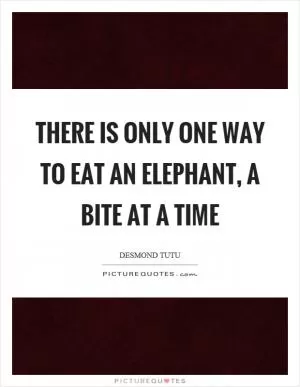
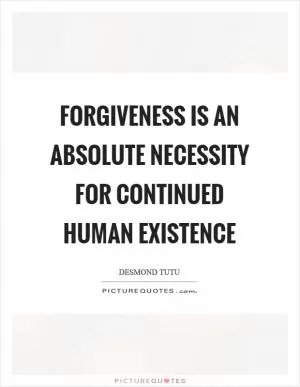
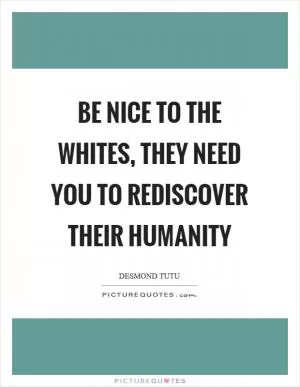
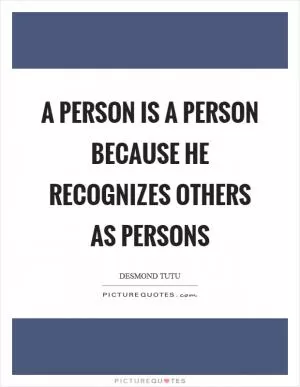
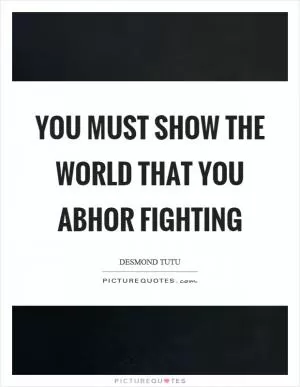
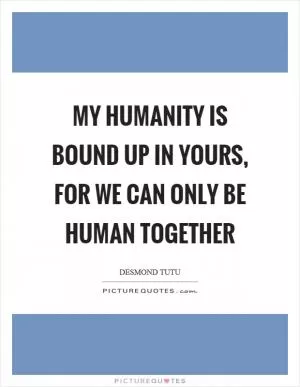
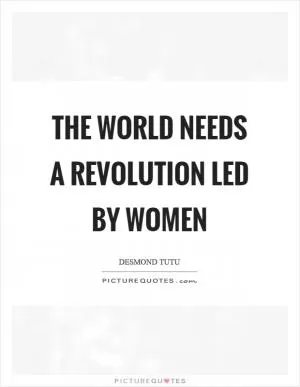
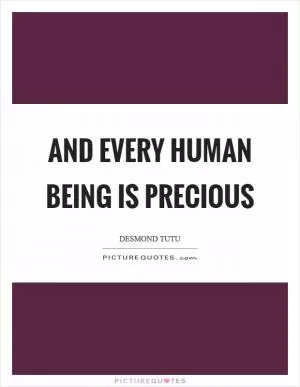
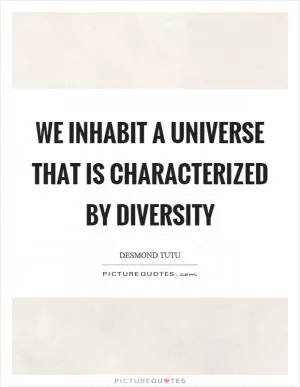
 Friendship Quotes
Friendship Quotes Love Quotes
Love Quotes Life Quotes
Life Quotes Funny Quotes
Funny Quotes Motivational Quotes
Motivational Quotes Inspirational Quotes
Inspirational Quotes